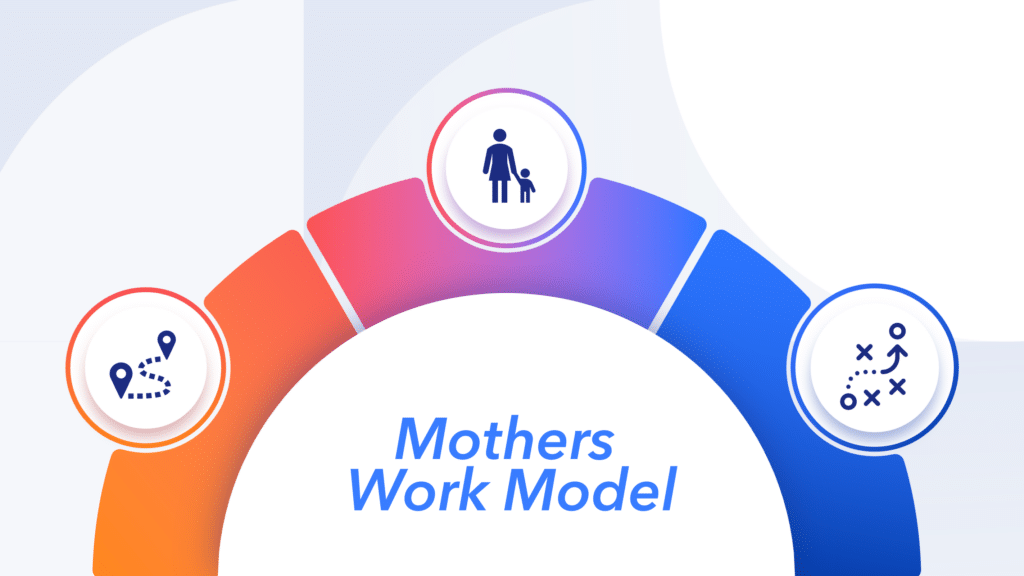The future of old age
Life expectancy has been rising steadily for nearly two centuries — so much so that centenarians seem almost common now. The oldest living person is 115, and we should expect the upper limits of age to keep climbing in the coming decades.
It’s not out of the question that 150-year-old people could exist in the future, which poses some essential questions: What happens when Social Security dries up in extreme old age? Now that many of us are getting older, how long do we have to wait to retire? If we extend our lives, are we truly living? We need to think about this now that technology and other breakthroughs are rapidly revolutionizing healthcare and promising to extend lives like never before.
However, these existential questions don’t directly address the needs of living to older ages. Factors such as saving enough retirement money, preserving quality of life, and sustaining family relationships are vital in making sure we live not just long lives, but comfortable and happy ones.
We need to grapple with what this all means for happiness and health as new generations begin living decades longer than their predecessors.


















